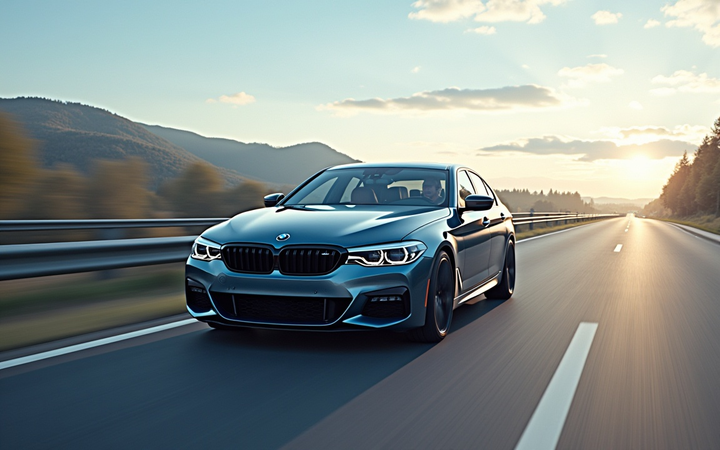Qualcomm Inc (NASDAQ: QCOM) and BMW have unveiled a new automated driving system, Snapdragon Ride Pilot, developed through a three-year collaboration.
Debuting in the BMW iX3, the system enables hands-free driving and lane changes on approved roads, with plans to expand availability to over 100 countries by 2026.
Crucially, QCOM intends to license the technology to other automakers, potentially reshaping the competitive landscape in autonomous driving.
Investors responded positively, with Qualcomm stock extending gains in premarket today. But for Tesla stock, the news signals rising pressure from a scalable, non-exclusive rival platform.
Qualcomm’s scalable autonomy threatens Tesla stock
Tesla has long positioned its Full Self-Driving (FSD) suite as a proprietary edge in the EV race.
But Qualcomm’s Snapdragon Ride Pilot, co-developed with BMW, introduces a modular, license-ready alternative that could democratize advanced driver-assist features across the industry.
Unlike Tesla’s vertically integrated approach, Qualcomm offers a turnkey solution that OEMs can adopt without building their own autonomy stack.
This threatens Tesla’s first-mover advantage, especially as Snapdragon Ride Pilot supports Level 2+ capabilities – hands-free highway driving and automated lane changes – already validated in 60 countries.
If widely adopted, Qualcomm’s system could erode TSLA shares’ tech premium and shift investor focus toward scalable platforms.
BMW partnership unlocks credibility and global reach
Tesla’s dominance in autonomous driving has hinged on its data advantage and brand perception.
But BMW’s endorsement of Qualcomm’s system lends instant credibility to Snapdragon Ride Pilot. The German automaker’s Neue Klasse platform will serve as the launchpad, and its global footprint ensures rapid deployment.
Qualcomm’s decision to open the system to other automakers further amplifies its reach. CEO Cristiano Amon expects a “domino effect” as OEMs evaluate the system’s real-world performance.
For Tesla shares, this means increased competition not just from China-based EV makers, but now from legacy brands armed with cutting-edge autonomy. The narrative is shifting – from Tesla versus the world, to Tesla versus the ecosystem.
Are Tesla shares worth buying in 2025?
The Qualcomm-BMW news is particularly concerning for TSLA stock because it comes at a time when the company’s core EV business is already struggling to compete with rivals.
According to latest Cox Automotive data, it’s market share in overall EV sales in the US has tanked to under 40% versus more than 80% at its peak – while the multinational’s global market share has also slipped under 17%.
With Qualcomm’s scalable autonomy now in play, Tesla Inc’s tech moat looks less defensible. Investors betting on Tesla stock for its dominance in driverless tech may need to reassess.
Until growth reaccelerates and margins stabilize, TSLA shares look vulnerable – not just to dilution, but to disruption. For now, the risk-reward skews unfavorably.
The post How Qualcomm-BMW driverless tech is major threat to Tesla stock appeared first on Invezz
